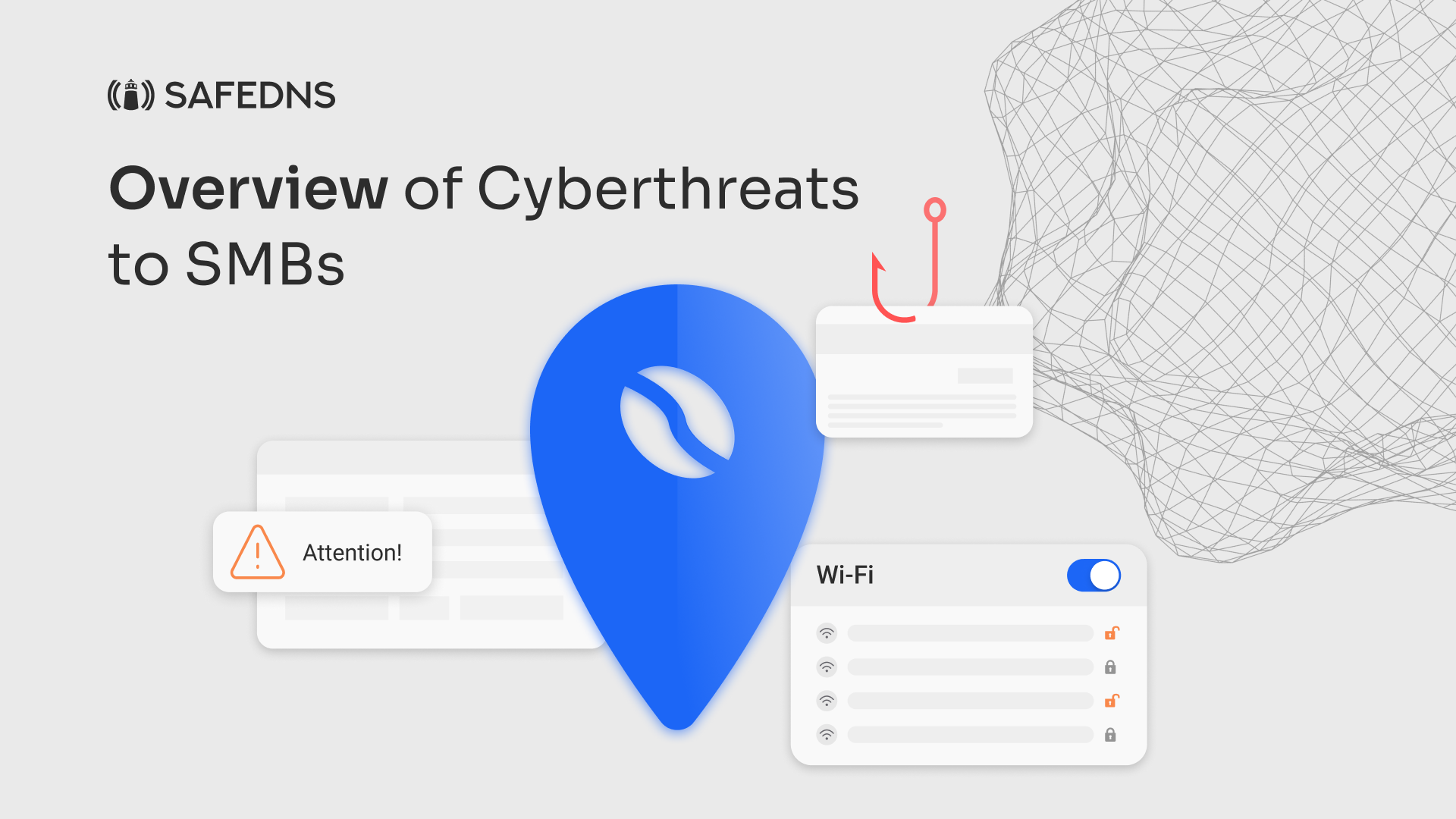
Overview of Cyberthreats to SMBs
In the landscape of business, where giants and startups coexist, small and medium-sized businesses (SMBs) stand as a crucial but often overlooked sector. These enterprises, smaller than corporations but larger than microbusinesses, play a significant role in various industries. However, a looming danger threatens their existence – cyber threats. SMBs, lacking the strong defenses of larger corporations and government agencies, find themselves targeted by cybercriminals. According to a study released in June 2023, 61% of SMBs in the UK and the US fell victim to hackers in the past year. This data sheds light on the urgent need for enhanced cybersecurity measures tailored to the specific challenges faced by these businesses.
Motivations Behind Cyber Attacks on SMBs
Cybercriminals target SMBs for several reasons, all of which relate to the vulnerabilities unique to small businesses. One of the primary factors is the inadequacy of cybersecurity budgets and resources. Unlike their larger counterparts, small and medium-sized businesses often lack the financial means to invest in advanced security technologies, dedicated IT teams, and cybersecurity professionals. This deficiency makes them a tempting target for hackers, who can exploit vulnerabilities to disrupt business operations and gain unauthorized access to sensitive data and networks swiftly.
Moreover, SMBs encounter a lack of cybersecurity awareness and IT-related training among their employees. This deficit increases the likelihood of their business operations falling victim to various cyber threats, including social engineering tactics such as phishing attacks. The fact many businesses rely on outdated software compounds the problem, resulting from limited financial resources and insufficient awareness of relevant cybersecurity measures.
According to the CNBC|SurveyMonkey Small Business Index Q4 2022, 4% of small business owners considered cybersecurity their most significant risk. The Digital Ocean report painted quite a grim picture, with 25% of SMBs suffering from a lack of time to manage cybersecurity threats, a pervasive resource deficiency among these businesses. Also, 41% of IT decision-makers at SMBs admit that their lack of knowledge regarding potential cyber security threats is one of the most challenging issues.
Despite the frequent victimization of SMBs by hackers, only 6% of business owners increased their cybersecurity budgets in 2022, reflecting a concerning lack of prioritization in cybersecurity strategy.
Severe Impact of Successful Cyberattacks
While SMBs may lack the financial resources of larger enterprises, they still control valuable assets that attract cybercriminals seeking monetary rewards. Customer data, payment information, trade secrets, and intellectual property become prime targets for cybercriminals. Cybercriminals exploit these assets directly for financial gain or as a springboard to infiltrate larger organizations.
The aftermath of a successful cyberattack on SMBs is profound. The survey highlights that 58% of IT decision-makers at small and medium-sized businesses experienced business downtime due to cyberattacks. Additionally, 39% lost customer data and one-third reported a loss of customers. Alarmingly, 87% of participants reported experiencing two or more successful attacks in the past year, emphasizing the persistent nature of cyber threats.
Pervasive Threat of Social Engineering Attacks
Among the many cyber threats to enterprise companies, social engineering attacks, especially phishing, stand out as the most common threat to small and medium-sized businesses. Employees of SMBs face a staggering 350% more social engineering attacks than their counterparts at larger enterprises. Phishing scams, simple to organize and requiring minimal resources, have become an all-too-common threat.
Through spear phishing and other social engineering techniques, cybercriminals trick business owners and employees into disclosing sensitive information, leading to more ransomware attacks, installations, and data breaches.
The financial repercussions of cybersecurity breaches are staggering. The Cost of a Data Breach Report 2023 by IBM disclosed that among companies with fewer than 500 employees, the average cost of a data breach is approximately $3.31 million per incident, translating to $164 per breached record.
Proactive Cyber Security Measures
What compounds the situation is the misplaced confidence of SMB owners regarding cybersecurity best practices. Despite lacking formal cybersecurity budgets and dedicated IT employees, 64% of SMB owners are sure they can quickly resolve a cybersecurity attack if one occurs. This overconfidence, coupled with a lack of preparedness, significantly impacts the organization’s ability to respond effectively to a cyberattack. Delayed or ineffective incident response can lead to extended downtime, increased damages, and prolonged exposure of sensitive data.
To avoid the dire consequences of cyberattacks, SMBs must adopt proactive measures to their security practices and bolster their cybersecurity defenses.
- When it comes to cybersecurity, one of the biggest threats that an organization might suffer from is human error. That is why it is crucial to conduct regular training sessions on security best practices to improve cybersecurity awareness among employees. Recognizing common tactics, such as phishing scams, is vital to fending off attacks.
- Investing in educating employees is worth doing but it is almost impossible to eliminate the human factor anyway. So, it is reasonable to maintain a first line of defense that will minimize the possibility of human error. The tool that can help you in ensuring this can be web filtering. A robust web filtering solution will not let your employees follow potentially malicious links and will enhance staff’s productivity by blocking timewasters.
- Given the high cost of data breaches mentioned above, SMBs should ensure their data is protected and duplicated. Determine critical data and have multiple backups to reduce the impact of a breach on operations.
- Using weak passwords is not something that businesses can afford to do. Implement and enforce a robust password policy. To enhance security, apply 2-factor authentication whenever possible.
- Prepare an incident response plan to ensure a swift and effective response to cyberattacks. When an attack happens, every moment counts, and having the right people and procedures in place can minimize downtime, reduce damages, and protect sensitive data.
The cybersecurity landscape for SMBs is fraught with challenges. As they grapple with limited resources, lack of awareness, and persistent cyber threats, the need for proactive measures has never been more critical. Small and medium-sized businesses must recognize the urgency, prioritize cybersecurity, and implement comprehensive strategies to fortify their defenses.
Take advantage of the SafeDNS trial period and try all the best features

